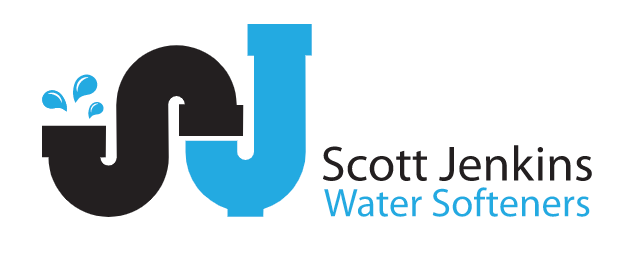If you weren’t aware of the connection between hard water and why your kettle gets furred up, or your dishwasher degrades and doesn’t clean the dishes like it once did, you are not alone!
Quite rightly, many people assume that the water flowing from the tap in our kitchens and bathrooms is safe to drink – so it must be good for everything.
But this really only tells half the story.
If you are reading this and you live in a hard water area – and, take it from us, if you reside anywhere in East and West Sussex, Hampshire and Surrey, you will be subjected to anything from moderately hard water at best to aggressively hard water at worst – then your tap water is not as harmless as you might think.
As a former plumber, I’ve seen first-hand on countless occasions the damage that hard water can inflict on washing machines, boilers, megaflows, hot water tanks, as well as kitchen staples like kettles and coffee machines.
What about the dishwasher, you may ask? Well, if you have a dishwasher it will be equipped with its own water softening capability. BUT if your home isn’t fitted with a water softener – you’ll find that you’ll be using far more rinse aid and needing to add extra salt to ensure the dishwasher performs as it should.
Will a soft water system protect my appliances?
Although the typical hard water in the south east of England isn’t dangerous, it can still have a serious impact on the performance and reliability of your household appliances.
The reason is that hard water is composed of mineral deposits, like calcium and magnesium, which leave their mark in the form of limescale. And limescale build-up is a complete pain in the neck. Allowed to run unchecked, it can wreck appliances, not to mention central heating systems.
Having a water softener installed will efficiently remove these calcium and magnesium deposits from your water, so that limescale doesn’t appear. As a result, water will flow seamlessly – without leaving any residue and impurities that stifle appliance performance. In fact, you’ll get twice the length of service out of them that you’d get if they were consistently subjected to hard water.
The iron will work better, the washing machine and dishwasher will have an extended lease of life and there’ll be a cleaner taste to your tea and coffee. We can even remove that horrible background chlorine taste in the water by fitting a filter tap.
Plus, there won’t be any unexplained or unexpected system failures, providing much more protection for your initial investment. You certainly don’t want to be replacing dishwashers and washing machines on a regular basis!
Why will my central heating work better with a water softener?
When it comes to the boiler that powers your heating, a water softener won’t only ensure the system runs more efficiently, it will also help reduce your gas and oil bills. And these fuels don’t come cheap! The reason is that water softeners protect the boiler from unnecessary wear and tear.
Here’s why.
If you don’t have a water softener, your boiler and pipework is continuously exposed to limescale build-up. This means that the boiler has to first heat the scale before it heats your water – which is crazy but true. As a result, the boiler will need to run for longer and work harder than if the system was free from scale – which it would be if you have a water softener.
You’ll also be burning your way through more gas and oil than you need to. Where you have a stored water system, all the while the heat is being unnecessarily drawn out of the heated water.
To add insult to injury, the more scale in the tank, the less hot water you’ll have in the tank!
How do water softeners prevent limescale?
Hard water already has limescale minerals dissolved in it. It is these minerals that make the water hard. But once the hard water goes through the water softener, the minerals are collected by the water softener. Hey presto, soft water emerges and the limescale is eliminated.
The water softener prevents any of that horrible scaling – the limescale build-up – that gets into your appliances if they constantly subjected to hard water.
Not only will a water softener stop limescale forming – it will also dissolve any current limescale accumulation in your appliances – returning them to as good as new. So, it’s never too late to start tackling the problem!
The noticeable benefits of having softened water
So, your appliances will definitely last longer if you have a water softener installed. They’ll also perform their duties better! The boiler will heat more effectively and give you many years of reliable usage. Your dishes will look shinier. They won’t look filmy or stained after they’ve been through the washing cycle.
And your washing machine will do an even more efficient job of washing clothes and linen. That’s because soft water will protect the fabric and you won’t experience the same colour fading that is so typical of hard water.
You can start protecting your household appliances against limescale today.
SJ Water Softeners supply and stock many of the world’s leading brands of soft water systems to home throughour West and East Sussex, Surrey and Hampshire. Call us on 01243 607494 or via email: scott@sjbs.info
